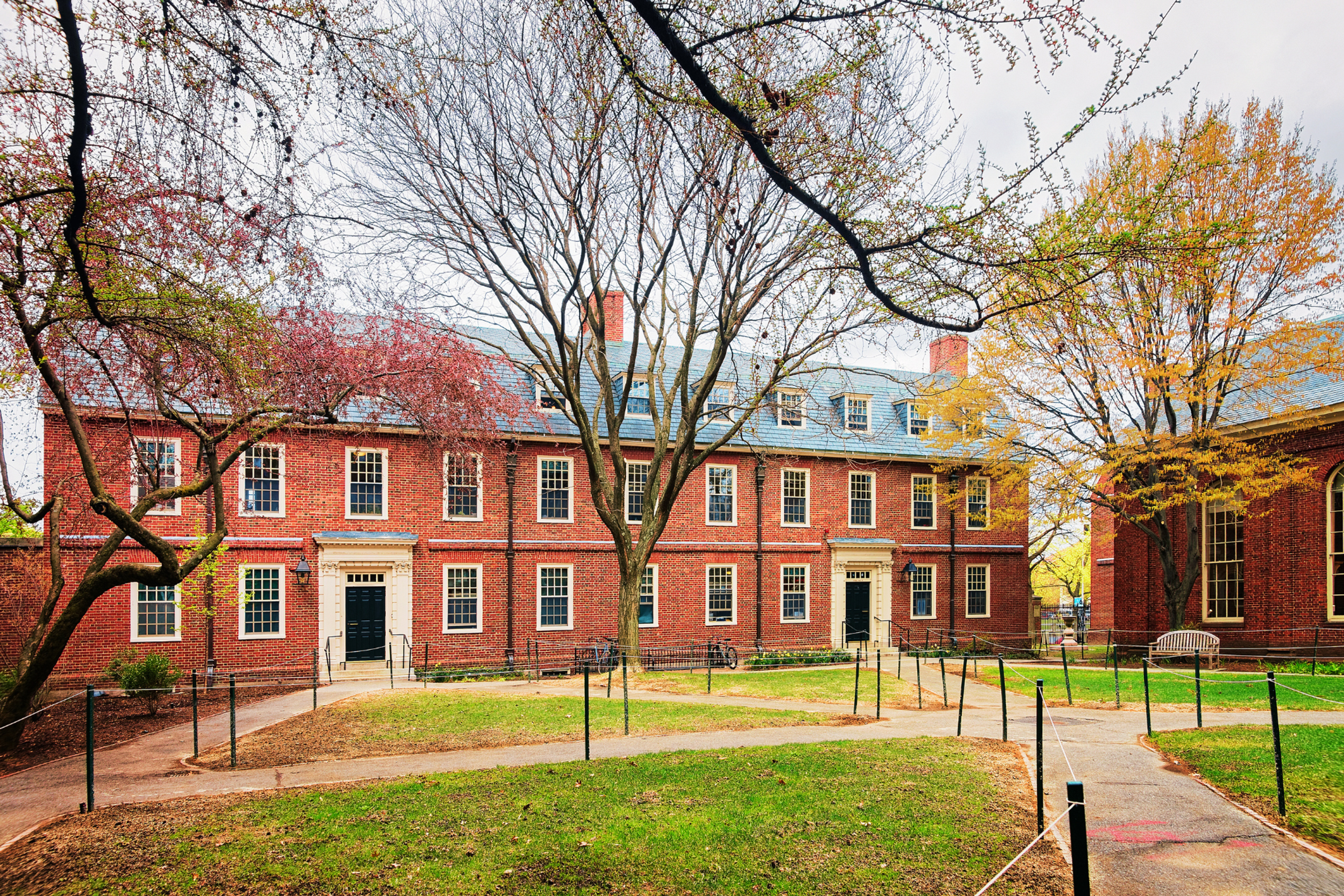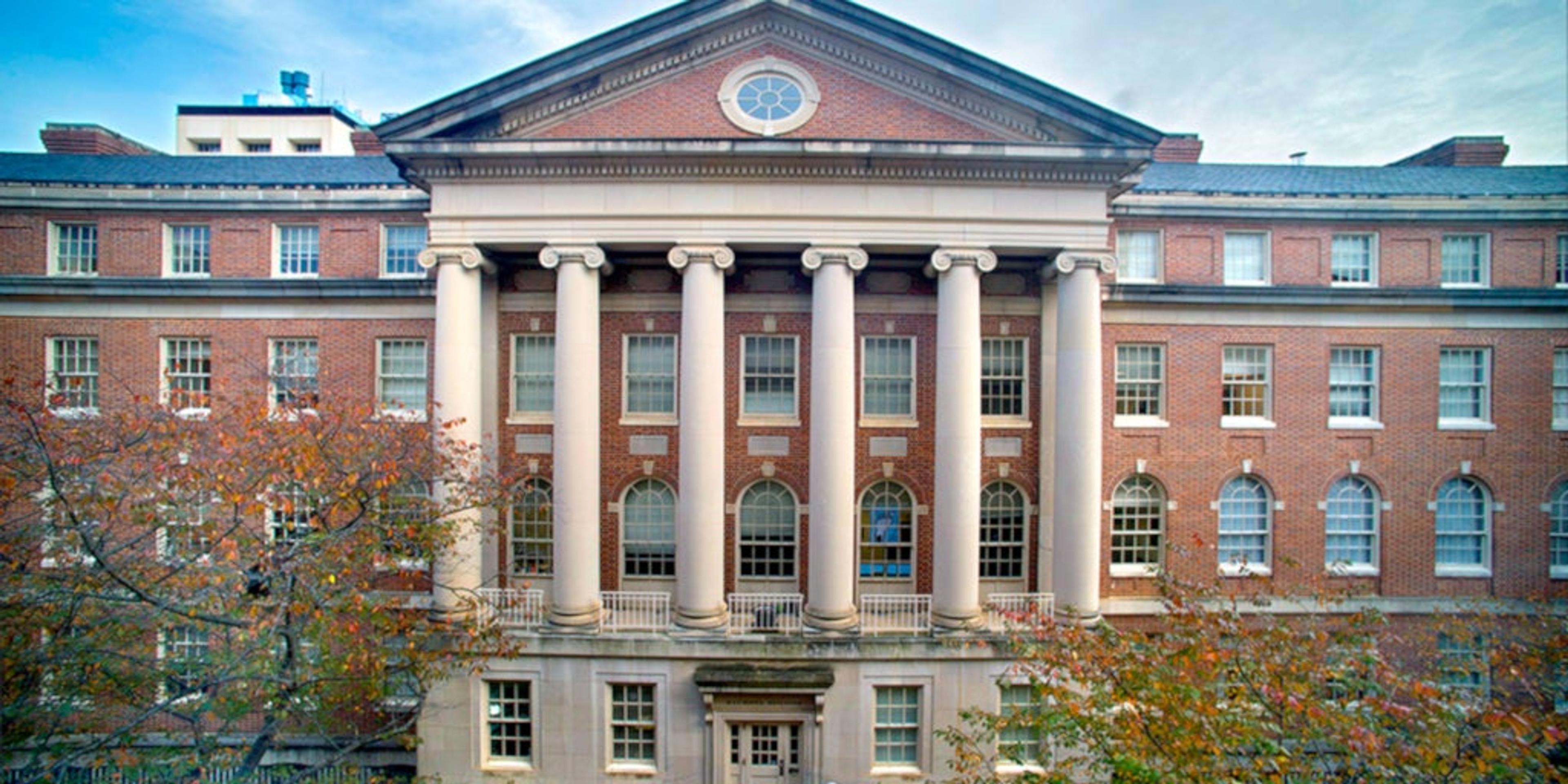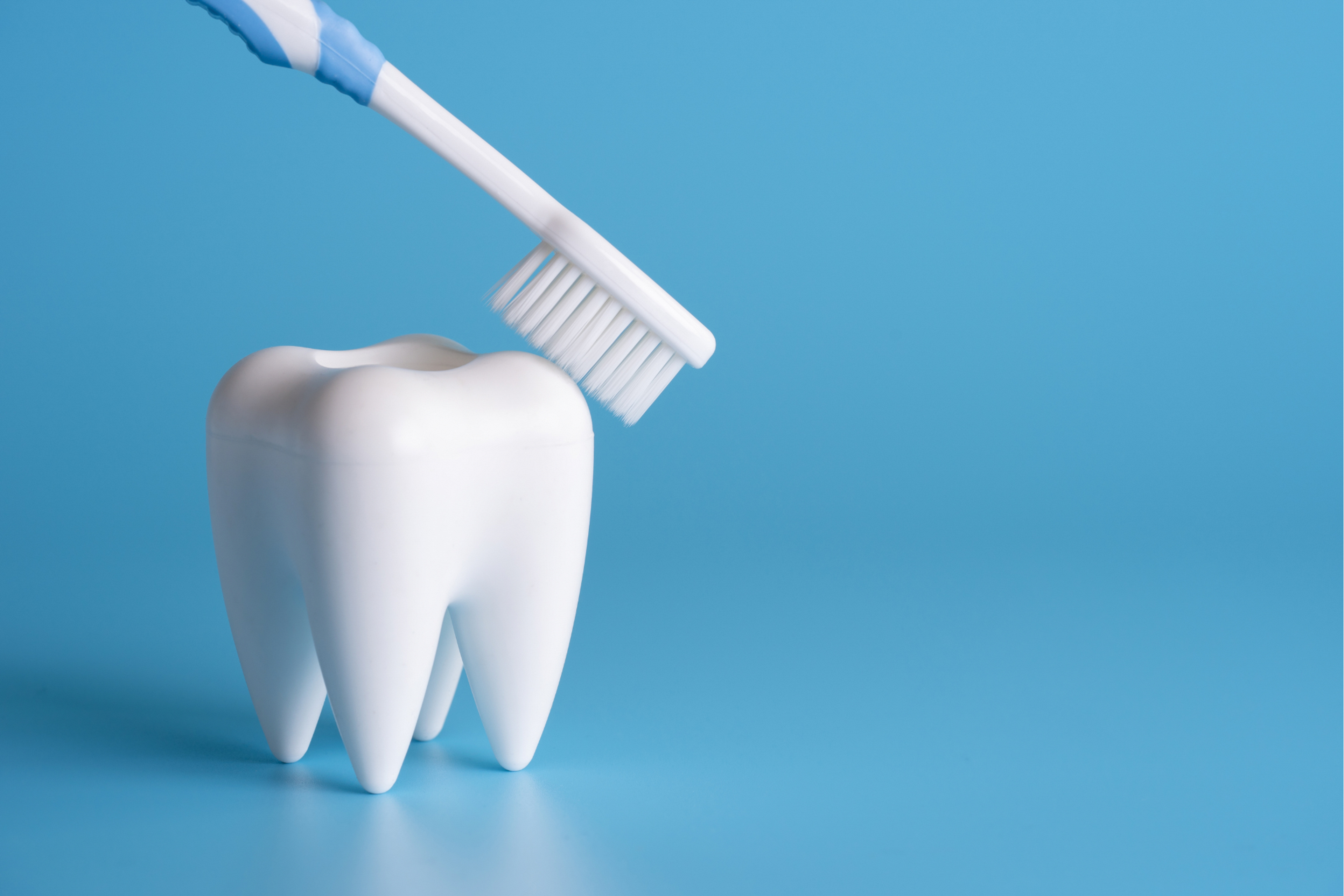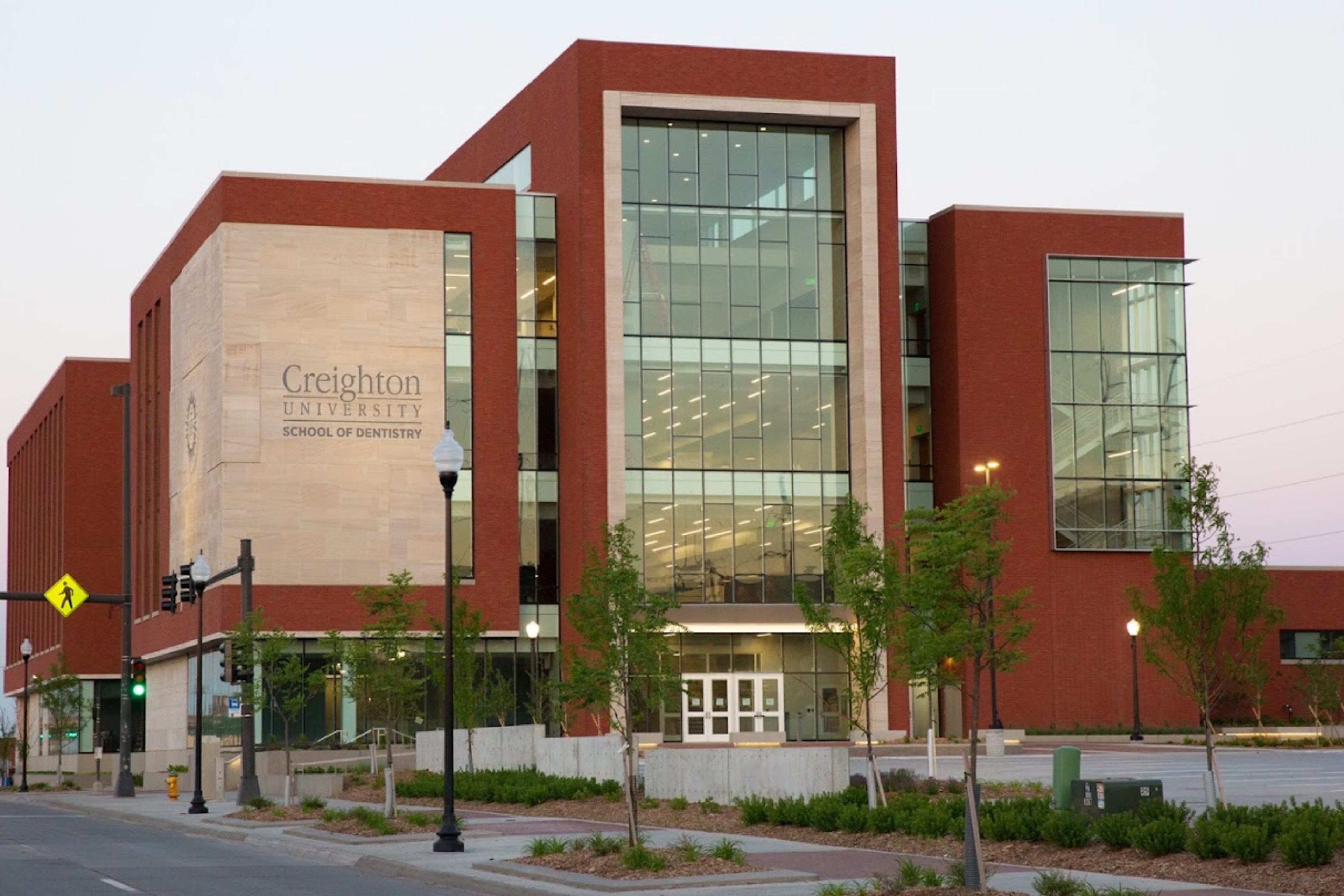Harvard Medical School: Acceptance Rate Overview (2025-2026 Cycle)
Discover the latest insights into the acceptance rate at Harvard Medical School for 2025-2026.
Posted December 30, 2025

Join a free event
Learn from top coaches and industry experts in live, interactive sessions you can join for free.
Table of Contents
Harvard Medical School is one of the most prestigious medical schools in the United States. Every year, thousands of aspiring medical professionals dream of getting accepted into this renowned institution. However, with a highly competitive admissions process, it is important to have a clear understanding of the acceptance rates and factors that influence them. In this article, we will provide an in-depth analysis of Harvard Medical School's acceptance rates, discuss the trends and factors influencing these rates, provide strategies to improve your chances of acceptance, compare Harvard's rates with other top medical schools, and help you navigate the admissions process.
Harvard Medical School Overview
A Legacy of Excellence Since 1782
Harvard Medical School, founded in 1782, is one of the oldest and most prestigious medical schools in the United States. Located in Boston, Massachusetts, it is affiliated with several renowned hospitals, including Massachusetts General Hospital and Brigham and Women's Hospital. The school's rich history and global reputation attract top-tier faculty and students from around the world.
Read: Harvard Medical School Class Profile: Insights & Takeaways
Rigorous Curriculum with Clinical Integration
Harvard Medical School offers a comprehensive curriculum that blends classroom instruction with real-world clinical training. Students learn from leading physicians and researchers, building the skills and knowledge needed for impactful careers in medicine. Research is a cornerstone of the HMS experience, with strong encouragement for student-led scientific discovery.
Access to World-Class Facilities and Resources
Students at HMS benefit from access to advanced facilities, including cutting-edge labs, simulation centers, and extensive medical libraries. Beyond academics, the school fosters a collaborative culture through student organizations, academic societies, and community engagement opportunities.
A Commitment to Diversity and Inclusion
Harvard Medical School actively promotes diversity within its student body. By welcoming individuals from varied backgrounds and life experiences, HMS aims to prepare future physicians who are culturally competent and equipped to reduce healthcare disparities.
Global Recognition and Career Impact
Top hospitals, academic institutions, and research centers highly recruit HMS graduates. The school’s strong reputation helps open doors across the medical field. Alumni have led major advancements in research, clinical care, and public health worldwide.
Harvard Medical School Acceptance Rates
For the Class of 2028, Harvard Medical School received 6,856 applications and extended 221 interview invitations. With an entering class size of 165 students, the official acceptance rate, based on offers extended, is approximately 3.2%. This makes HMS one of the most selective institutions in the U.S. However, the matriculation rate, which represents the percentage of admitted students who actually enroll, is around 2.4%.
This low acceptance rate reflects the school’s rigorous selection process and the high caliber of applicants it attracts. Admissions committees evaluate applicants based on factors such as academic achievements, extracurricular activities, research experience, personal statements, and letters of recommendation. Aspiring students must excel in these areas to stand out among the highly qualified pool of candidates.
For more insights, read these:
- How to Get Into Harvard Medical School: Requirements & Application
- Medical School Student Loans: Types & Alternatives
- Harvard Medical School Secondary Essays: The Ultimate Guide
Class Composition
| Category | Data |
|---|---|
| Total Class Size | 165 |
| Pathways Track | 135 students |
| HST Track | 30 students |
| MD-PhD Enrollees | 14 students |
Academic Profile
| Category | Data |
|---|---|
| Average GPA | 3.9 |
| Average MCAT Score | 520.42 |
| – BBFL | 130.31 |
| – CARS | 128.84 |
| – CPBS | 130.41 |
| – PSBB | 130.86 |
| Science Majors | 73% |
Demographics & Diversity
| Category | Data |
|---|---|
| Gender: Female | 60% |
| Gender: Male | 38% |
| Gender: Different Identity | 2% |
| URiM (Underrepresented in Medicine) | 17% |
| Age Range | 21–34 |
| Colleges Represented | 57 |
| States Represented | 35 |
| Countries Represented | 7 |
For more information, visit the Harvard Medical School Class of 2028
Facts & Figures
Consider the Trends and Factors
Growing Competition Each Year
When analyzing Harvard Medical School’s acceptance rates, it’s important to consider the underlying trends. Over the years, the number of applications has continued to rise, leading to an increasingly competitive admissions process. More qualified applicants means fewer available seats for each individual.
Academic Excellence Is Essential
One of the most influential factors in admissions is academic performance. Harvard looks for applicants who have not only excelled in science and medicine but also demonstrated academic strength across disciplines. A high GPA, strong MCAT scores, and completion of challenging prerequisite courses are key indicators of readiness for HMS’s rigorous curriculum.
Leadership and Service Matter
Beyond academics, Harvard Medical School values applicants who show a commitment to service and leadership. Community involvement, volunteer work, and leadership roles in clubs or organizations reflect a dedication to making a meaningful impact. Admissions committees seek well-rounded individuals who can contribute both inside and outside the classroom.
5 Strategies to Improve Your Acceptance Chances
Securing a spot at Harvard Medical School requires thoughtful planning and careful execution. Here are some strategies that can improve your chances of acceptance:
- Academic Excellence: Prioritize your academic performance by excelling in prerequisite courses and obtaining strong grades. Prepare rigorously for standardized tests such as the MCAT to showcase your aptitude for medical studies.
- Research Experience: Engage in scientific research to demonstrate your intellectual curiosity, critical thinking skills, and commitment to advancing medical knowledge.
- Extracurricular Involvement: Participate in activities that highlight your leadership skills, community service, and dedication to making a positive impact in the field of medicine.
- Strong Personal Statement: Craft a compelling personal statement that showcases your motivations, experiences, and aspirations in a way that resonates with the mission and values of Harvard Medical School.
- Letters of Recommendation: Seek letters of recommendation from individuals who know you well and can speak to your qualifications, character, and potential for success in the medical profession.
By following these strategies, you can enhance your application and increase your chances of being accepted into Harvard Medical School.
Harvard's Rates Compared with Other Top Schools
When considering medical school options, it is important to compare acceptance rates across different institutions. While Harvard Medical School is known for its exceptionally low acceptance rate, other top medical schools also have highly competitive admissions processes.
For example, schools such as Stanford University School of Medicine, Johns Hopkins University School of Medicine, and University of Pennsylvania Perelman School of Medicine have acceptance rates in the range of 2-4%. These schools attract outstanding applicants from around the world, making the competition fierce.
However, it is important to remember that acceptance rates alone should not be the sole determining factor in selecting a medical school. Other considerations, such as curriculum, research opportunities, faculty, location, and personal fit, should also be taken into account.
Overview of the Admissions Process
The admissions process at Harvard Medical School is a comprehensive and multi-step evaluation of applicants. It starts with the completion and submission of the primary application through the American Medical College Application Service (AMCAS). Upon review of the primary application, a select group of applicants is invited to submit the secondary application, which includes additional essays and questionnaires.
From there, a subset of applicants is granted interviews, typically conducted on-campus. Interviews provide an opportunity for the admissions committee to assess an applicant's interpersonal skills, professionalism, and compatibility with the school's mission.
After the interview stage, the final decisions are made, and acceptance offers are extended to the most exceptional candidates. It is important to note that the admissions process is highly subjective and holistic, taking into account not only an applicant's qualifications but also their personal qualities and potential to contribute to the field of medicine.
The Bottom Line
Earning acceptance to Harvard Medical School is no small feat. The data speaks for itself; exceptional academic credentials, strong research experience, and a commitment to service and leadership are essential. But just as important is your story: how you’ve grown, what drives you, and why Harvard is the right place for you to train as a physician.
Want to Get Into Harvard Medical School or Another Top Program?
Applying to med school is tough, especially when you're aiming for elite institutions like Harvard, Stanford, or Johns Hopkins. As experienced medical school admissions coaches, we help driven applicants like you stand out with strategic guidance every step of the way.
Read these next:
- Acceptance Rates and Class Profiles of the Top 15 Medical Schools
- Medical School Requirements: What You Need to Get In
- How Many Medical Schools Should I Apply To? A Strategic Approach
- Harvard Medical School: Tuition & Fees Breakdown
FAQs
What GPA do you need to get into Harvard Med School?
- To be competitive for Harvard Medical School, applicants generally need a GPA of 3.9 or higher. While there is no strict cutoff, most admitted students have exceptional academic records, particularly in science courses.
What is the #1 medical school in the US?
- The #1 medical school in the U.S. is generally considered to be Harvard Medical School. It is renowned for its cutting-edge research, exceptional faculty, and contributions to healthcare innovation.
Is Johns Hopkins better than Harvard Medical School?
- Both Johns Hopkins and Harvard Medical School are prestigious institutions with outstanding reputations, particularly in research and medical education. However, Harvard is often ranked slightly higher overall due to its broader resources and global influence, while Johns Hopkins is particularly known for its strength in clinical care and research in specific fields like surgery and biomedical sciences.
Can I get into Harvard Med with a 3.8 GPA?
- While a 3.8 GPA is lower than the typical GPA of most admitted students at Harvard Medical School, it is still possible to get in if other aspects of your application are strong. High MCAT scores, research experience, clinical exposure, and strong recommendation letters can make up for a slightly lower GPA. However, applicants with GPAs closer to 3.9 or higher are more competitive.
Browse hundreds of expert coaches
Leland coaches have helped thousands of people achieve their goals. A dedicated mentor can make all the difference.




















